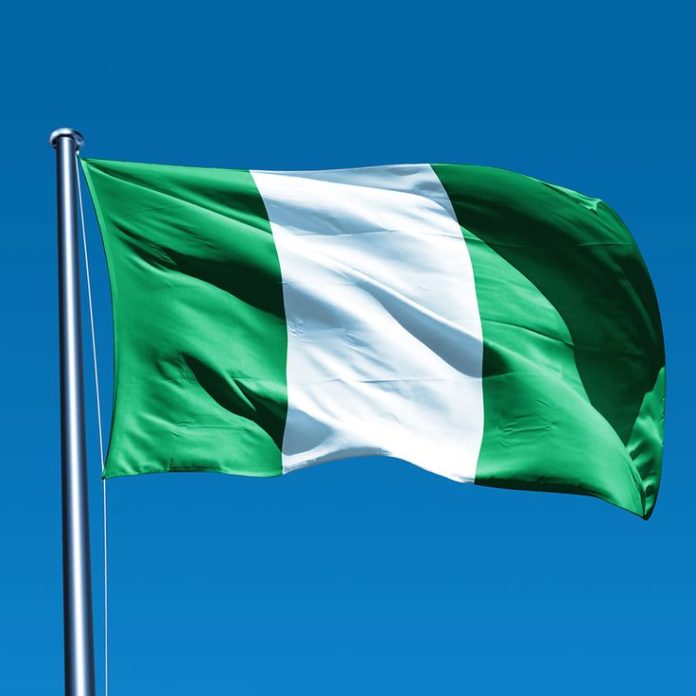BY HALLIBURTON ALUMONA
THE eighth edition of the Black Law Dictionary, written by Bryan Garner, an editor-in-chief, defined corruption as depravity, perversion or taint. Bryan Garner further explained that the act of corrupt practice causes an impairment of integrity, virtue or moral principle in all aspects of human living.
While bribery is the corrupt payment, receipt, or solicitation of private favour for official action, bribery is a felony in most jurisdictions.
The Advanced Learners Dictionary explained corruption as a dishonest or illegal behavior, especially of people in authority in all spheres of life. To be more explicit, bribe simply means a sum of money or something valuable that we offer to somebody to persuade him to perform duties.
The issue of bribery and corruption had been in Nigeria and has been with Nigerians from time immemorial. A school of thought believes that the vices or aberration known as corruption was handed over to Nigerians by the white colonial masters such as the British, Portuguese, France and Germany.
Bribery and corruption are therefore not new concept or practice. They have been with the country for a very long time, they are twin sisters.
Corruption is a social phenomenon seemingly accepted consciously or unconsciously as a way of life of the people. It predates the colonial intrusion and administration in Nigeria, Corruption has however undergone some refinement, and sophistication.
There is prove yet whether corruption is learned, acquired or an innate characteristic of man. One thing is clear. Corruption is in every Nigerian at varying degrees of manifestations and development. It is in all of us. It has penetrated our being and has eaten deep into the fabrics of existence. Therefore, we are all sufferers of the aftermath of bribery and corruption.
The federal authorities must show good example in the fight against corruption.
One basic fact we should know is that we oftentimes assume that we as individuals are not guilty of bribery and corruption in the course of our daily lives although we are directly or indirectly involved. If we claim that we have never in one way or the other taken part in bribery and corruption, we may lose our sense of integrity and respect and thus be treated with contempt and levity by members of the public.
Another experience I have is that if a vice-chamcellor doles out money to members of the university Senate to support his line of action, is it bribery and corruption.
If a businessman can do many abominable things to gain advantage over others in getting contracts, supply and distributorship, it is bribery and corruption.
The million naira question is, “who will bell the cat?”


